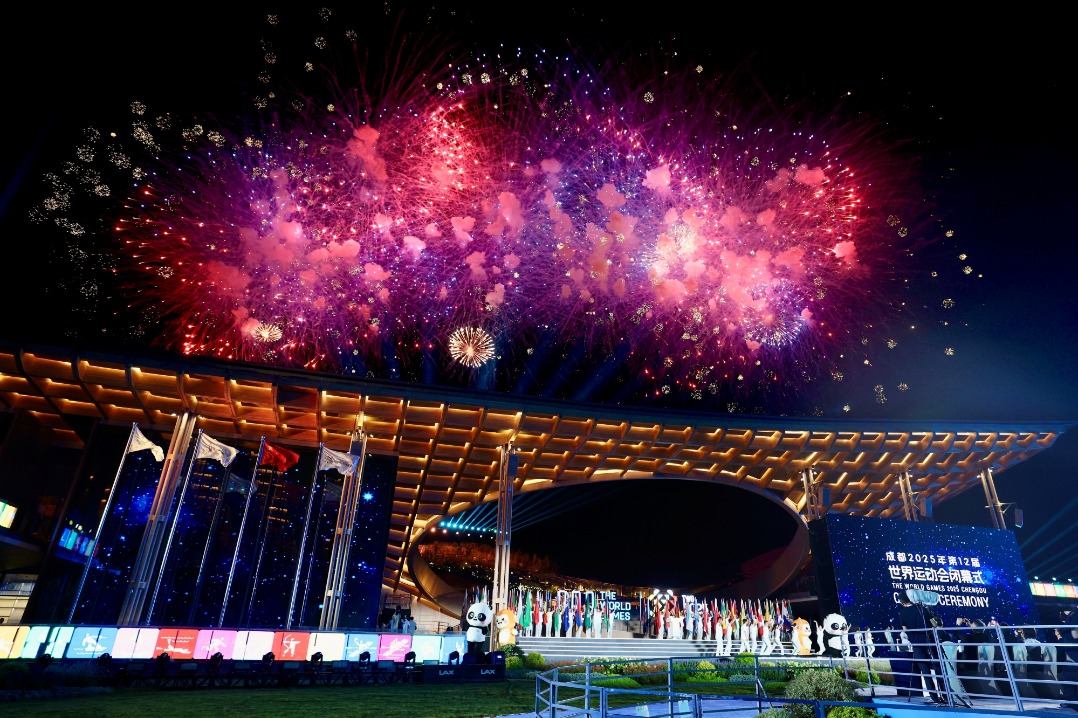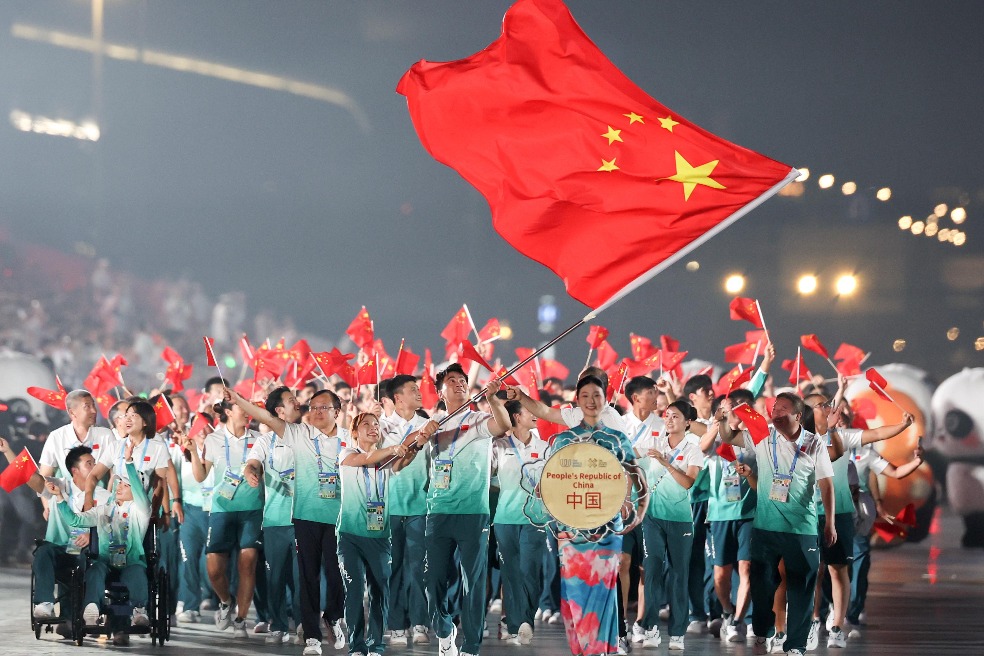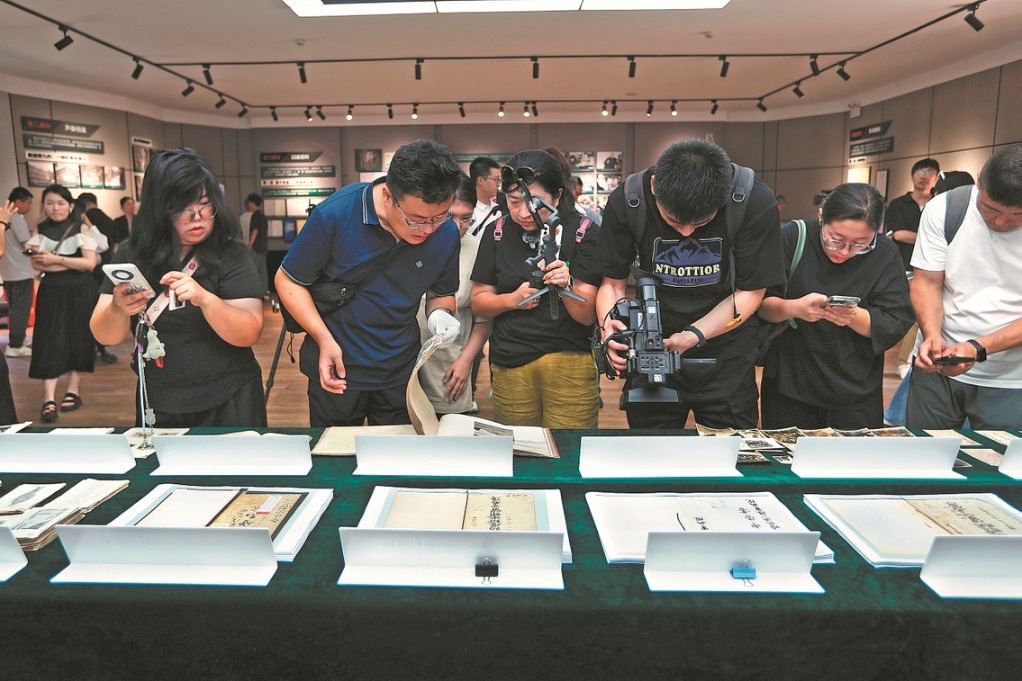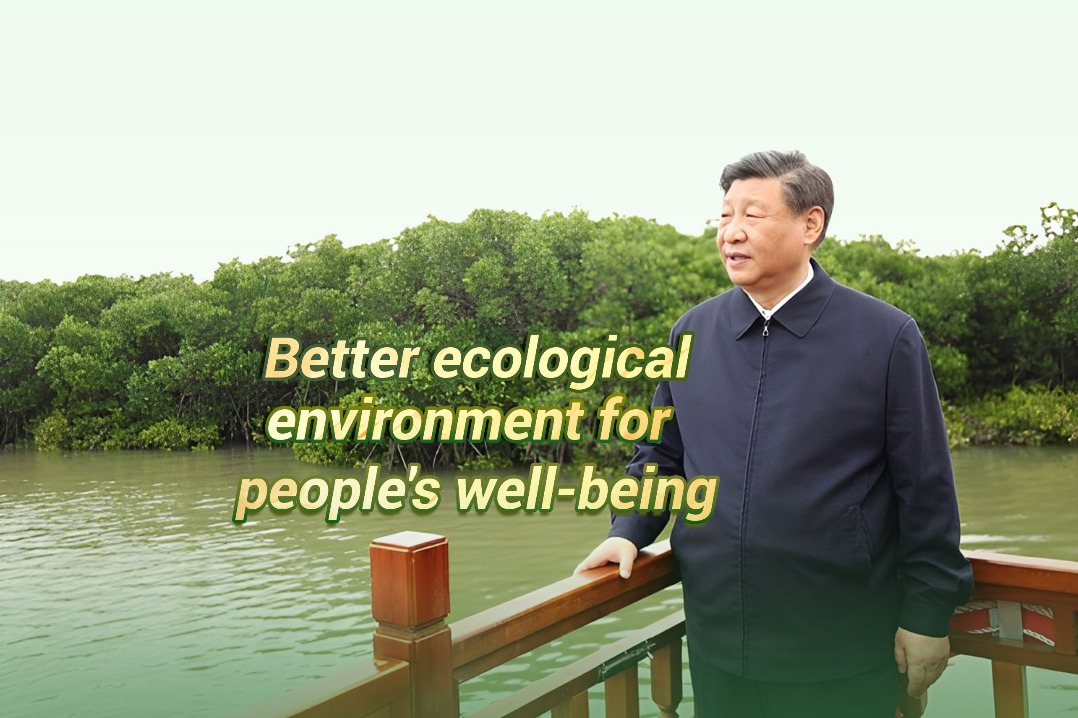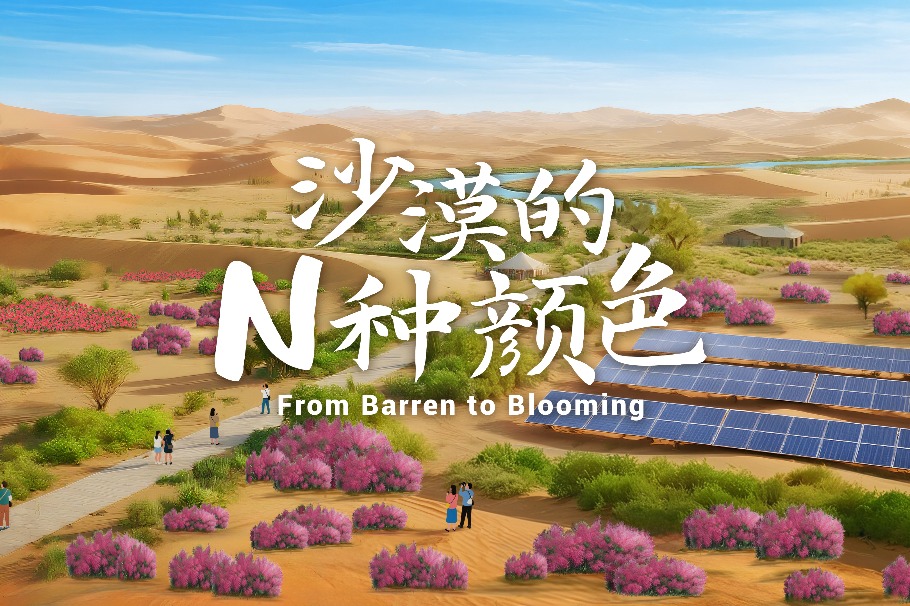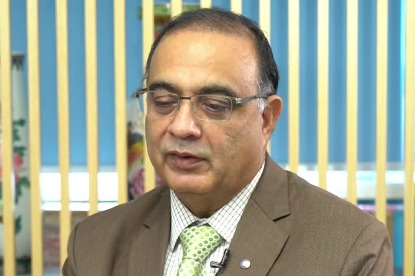An example of how to make tourists feel more welcome

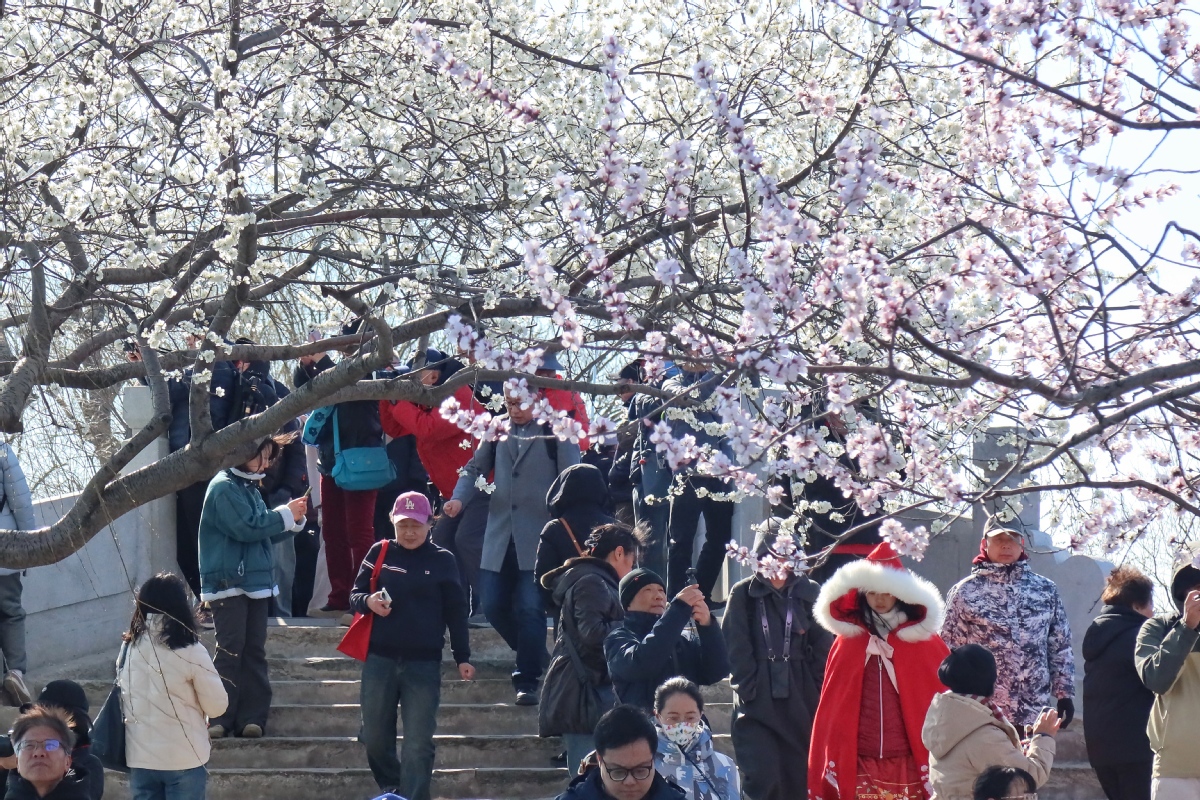
When traveling home or abroad, we tend to avoid purchasing goods or dining in restaurants near tourist sites because prices there are usually high. We dine or shop in such places only when we have a tight schedule or when buying unique souvenirs. On such occasions, we don't mind paying 20-30 percent more.
But when people think they have been cheated into paying a lot more than usual for a simple dish or drink, arguments follow, leading to a physical brawl in some cases. Then there is online condemnation of the "extortion" and appeals to market administrators to get things in order.
There have been many such scandals in China in the past 10 years or so, which in most cases have led to disastrous consequences for the local tourism industry. To restore their reputation, what most local governments do is to conduct investigations, punish the merchants involved and instruct retailers to put price tags on all goods and properly mark the prices of dishes on the menu.
Other measures include issuing a "black list" of rule breakers to deter potential offenders, rewarding those reporting such malpractices, and sending market watchdogs to conduct checks on the retailers and restaurants to ensure they are not making profits through illegal means.
Such measures are effective in preventing retailers and restaurants in and around tourist sites from charging exorbitant prices, though the hide-and-seek game between local market administrators and the merchants has not altogether stopped. In fact, "extortion" scandal cases have been repeatedly reported from some cities and tourist sites, frustrating administrators.
Xuexiang (Town of Snow) in Heilongjiang province has become an exception after it did something exceptional. Located 300 kilometers southeast of the provincial capital of Harbin, Xuexiang, with its fantastic snow landscapes and colorful local culture, became a popular winter tourist attraction a dozen years ago. However, its booming tourism business was dealt a heavy blow in 2017 when some visitors reported online that local hotels refused to accommodate guests at the pre-contracted room tariffs, and restaurants and shops were ripping off customers by charging many times more than normal for goods and food.
After some mainstream media outlets reported about the scandal following thorough investigations, tourists largely deserted Xuexiang. To attract visitors back, Xuexiang, which is in fact a State-owned forest farm, did something unique. Apart from taking measures that have been implemented by many other price scandal-hit tourist sites and cities, it opened two State-owned supermarkets and a restaurant.
State-owned shops and restaurants used to be popular four decades ago. But with the intensifying of reform and opening-up, most of them have been privatized or turned into share-holding companies. So the opening of State-owned shops and restaurant was welcome relief for tourists, as they brought down prices in Xuexiang. In the State-owned supermarkets, a bottle of water costs only 1 yuan (14 US cents) and a bucket of instant noodles only 5.5 yuan, about the same as that in shops elsewhere.
The State-owned restaurant offers buffet for a little more than 50 yuan per person, the normal price in cities and towns. The low prices in the State-owned shops and restaurant have compelled hundreds of other shops and restaurants to lower their prices to a competitive level, or risk going out of business. I visited several restaurants to check their menus and found the prices reasonable. Hopefully, other tourist attractions will learn from Xuexiang's successful experience to become more visitor-friendly.
Braving strong winds and snow on Xuexiang streets, nothing is better than getting a cup of hot and sweet ginger tea from local volunteers. The tea is free, a thank-you-for-visiting token from the local authorities who are doing their best to please visitors.
But high accommodation charges remain a problem in Xuexiang — a room in a motel during peak season could cost more than 1,000 yuan per night. To address the problem, a new street, with more hotels, has been built in Xuexiang to increase the availability of rooms in a bid to lower hotel/motel room charges.
As tourists, we hope the local administrators succeed in their bid to make life easy for visitors.
The author is former deputy editor-in-chief of China Daily.
kangbing@chinadaily.com.cn

















